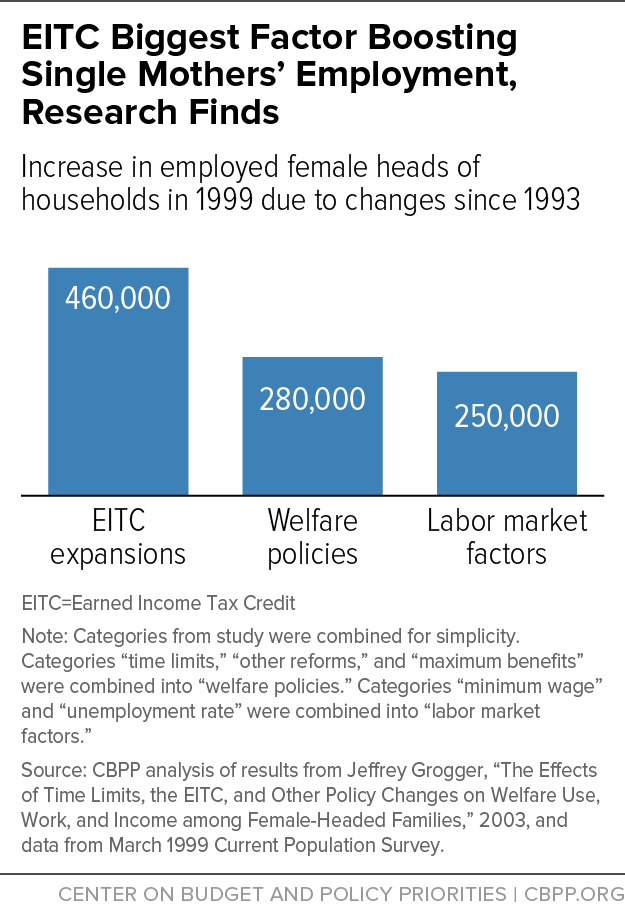más allá de los números
In Case You Missed It…
This week at CBPP, we focused on health care, the federal budget and taxes, food assistance, the safety net, housing, and the economy.
- On health care, Judith Solomon raised questions about the Healthy Indiana Plan 2.0 — the state’s plan to expand Medicaid — that need to be answered before the federal government allows other states to adopt similar plans and cautioned against a House bill on Medicaid providers that would allow states to limit beneficiaries’ access to care. Edwin Park raised alarms on a House bill that would defund critical investments in areas such as responding to infectious diseases and immunizing children and described how capped federal Medicaid funding has contributed to Puerto Rico’s budget shortfalls. Tara Straw warned that repealing health reform’s employer mandate would weaken job-based coverage and increase the uninsured population. Paul Van de Water explained why the excise tax on high-cost health plans should stay and pointed to a bipartisan letter from 101 prominent health economists and policy analysts supporting the excise tax. We rounded up our coverage on reconciliation legislation that would undo gains in health coverage and undermine the foundation of health reform.
- On the federal budget and taxes, Robert Greenstein, John Wancheck, and Chuck Marr highlighted steps policymakers can take to reduce the Earned Income Tax Credit’s (EITC) error rate without compromising the credit’s effectiveness. Robert Greenstein listed three ways Congress can reduce EITC errors. Brandon DeBot described how House and Senate appropriations bills would further cut federal education funding. David Reich evaluated how tight appropriations spending caps leave too little for biodefense. Chuck Marr explained how Donald Trump’s tax plan would expand deficits and make its biggest tax cuts at the top. We updated our papers that describe the lasting benefits of the EITC and Child Tax Credit and how IRS funding cuts continue to compromise taxpayer service and weaken enforcement.
- On food assistance, we updated our quick guide to eligibility and benefits for the Supplemental Nutrition Assistance Program (SNAP, formerly food stamps).
- On the safety net, LaDonna Pavetti noted that the facts don’t support strengthening Temporary Assistance for Needy Families’ (TANF) work-first approach. We updated our state-by-state fact sheets that show how states have spent funds under the TANF block grant.
- On housing, Douglas Rice, Ehren Dohler, and Alicia Mazzara detailed how housing vouchers can help address California’s affordable housing shortage.
- On the economy, we updated our chart book on the legacy of the Great Recession and Chad Stone previewed the September jobs report.
Chart of the Week: EITC Biggest Factor Boosting Single Mothers’ Employment, Research Finds
A variety of news outlets featured CBPP’s work and experts recently. Here are some highlights:
Lots Of Candidates Want To Simplify Tax Code; Here's What They Get Wrong
NPR
September 29, 2015
Our Safety Net Misses the Poorest
Real Clear Policy
September 28, 2015
Jeb Bush, ‘Free Stuff’ and Black Folks
New York Times
September 28, 2015
We are co-hosting a tweetchat with the NDD United Coalition about spending caps, sequestration, and why they matter on Tuesday October 6th at 2pm ET. Please tune in and follow along with #RaisetheCaps.
Don’t miss any of our posts, papers, or charts—follow us on Twitter, Facebook, and Instagram.

